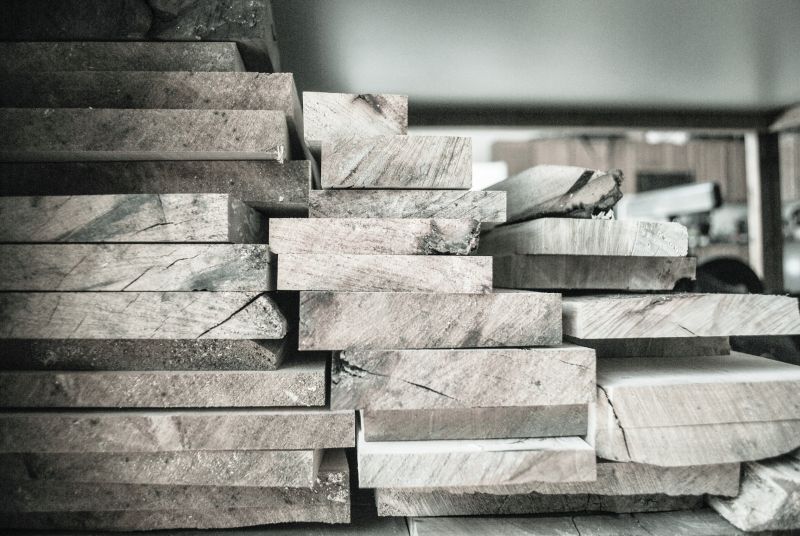Minimalist DIY: Finishing Up My 30-Day Workshop Purge

It's finally done. My first major step on my journey to have less stuff is complete. My shop was cluttered, inefficient, and completely out of hand; and now I'm back in control of my space. Well, mostly. Here's what I've learned from the first 30 days of purging my shop.
If you haven't read my last few pieces on the 30-day shop purge, feel free to check them out here and here. It's been a process, but I'm really glad I took it on. The shelves were full of half-finished projects: “someday I'll fix these,” and “these have potential” pieces. There were boxes of trinkets and tools, and so. many. extra. screws. I had collected so much scrap wood that needed to be milled that entire shelves were sagging under the load. While purging it all, I learned a bit about myself, and the tendency to collect things to the point that they took over my space.
1. I need to embrace some reality – I don't know about you, but I have more projects than hours in the day. My to-do list grows at an alarming rate and soon enough the almost finished projects begin to stack up. Being aware of things I want to do someday shouldn't be an excuse to start collecting pieces for it now. What I mean by that is if I think I'm going to get into knife making within the next few years, collecting bits of metal, or files, or even a small forge right now would be unrealistic. But I did. I had parts for projects I want to do someday stashed all over the shop, and they just became more noise in a crowded space. Be brutally realistic about what you're doing now, there will be plenty of scrap and tools available for you whne you're actually ready to do it.
2. Finish what you start – Most of us are good at starting things, and getting them about 95% finished. Those last few screws, or a simple little fitting, or just an adjustment can push out for months while we start in on the next project. That means a small piece has to be stashed away until it's time to really get it finished. Multiply that by a hundred projects and I had small pieces stashed all over that I knew needed to be finished off. That's a lot of space for things that just need to be done. I took a few afternoons and finished about a dozen at a time and finally tossed the last few pieces that I no longer needed.
3. A trip to the store is ok – When I was a kid, my grandfather's shop was a mini hardware store. Small trays and bolt jars lined the shelves, extra blades and tools filled the drawers. If you needed it, chances were it was in there somewhere. But you know what? We still headed to the store a few times a day during the projects around the farm. The problem was with so much in there, it was really hard to find that one thing you needed. Bolts, rubber washers, and random screws cluttered my shop and I felt horrible putting them into the “give away” coffee can. But once they were out of the shop, it made everything left much easier to find. (I still kept the standard screw and bolt collection, but just capped it at a more manageable size).
4. Embrace quality – I know it's hard to hear, but I recommend buying fewer tools (gasp). We all start out on a shoestring budget in the shop. Collecting all the essentials takes a lot of time, and money. So, I get the tendency to load up on the cheap stuff, and the helpful gadgets like flexible paint can funnels or spray paint triggers (yep, found a few of those). The problem with all of these little plastic gadgets, or sub-par tools is that they don't last. A few years down the road they will be trash and you will be buying it all over again. It was painful to purge my cheap chisels and screwdrivers, but they were just horrible to work with. That's why you need to save up a bit more and buy tools that will last. They will be more enjoyable to work with, and the stretch to get better things will stave off the tendency to clutter up your space.
With my shop organized, clean, and easy to navigate I think I'll be spending a lot more time out there. It's amazing how much faster I can do things without the clutter. As far as the purge, I'd call it a full success and there are a few more spaces in the house that I have my eye on next. This minimalist thing is a bit hard to ease into, but I'm starting to see everything from a different perspective. I'm tired of being the protector and caretaker for stuff, and if living with less means I can live a bit more free, I'm definitely up for that.









